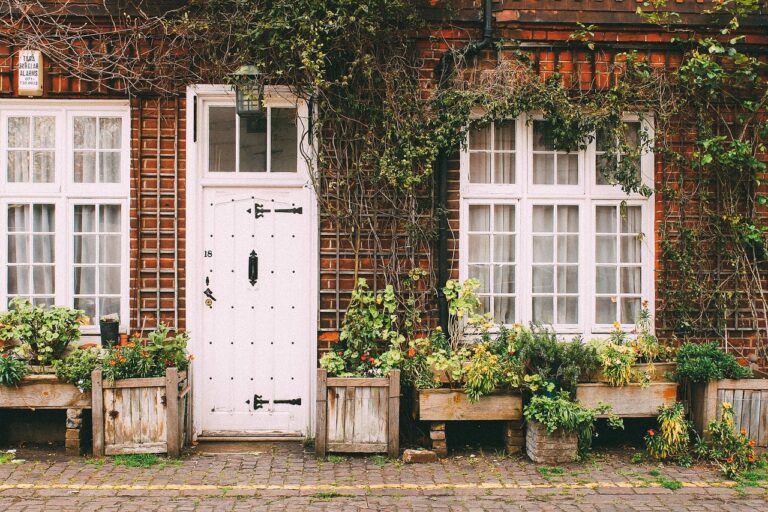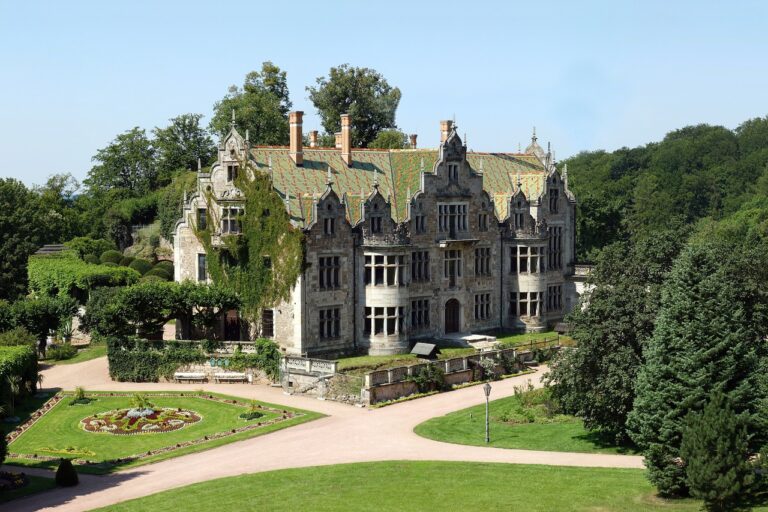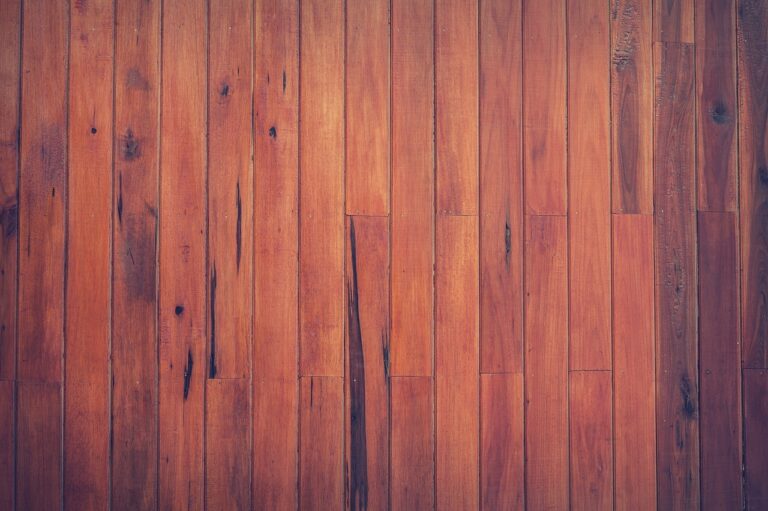The Benefits of Engineered Hardwood Flooring: Stability, Durability, and Versatility
11xplay .com, diamondexch999 sign up, skyexchange:Engineered hardwood flooring has become increasingly popular among homeowners due to its stability, durability, and versatility. This type of flooring offers numerous benefits that make it a top choice for many people looking to enhance the look and feel of their home. In this article, we will explore why engineered hardwood flooring is a worthwhile investment for your home.
What is Engineered Hardwood Flooring?
Engineered hardwood flooring is a type of flooring that is made up of multiple layers of wood. The top layer is typically composed of a thin layer of real hardwood, while the core layers are made up of either plywood or high-density fiberboard (HDF). This construction gives engineered hardwood flooring added stability and durability compared to traditional hardwood flooring.
Benefits of Engineered Hardwood Flooring
1. Stability: One of the key benefits of engineered hardwood flooring is its stability. The multiple layers of wood used in its construction help to prevent the flooring from expanding or contracting due to changes in humidity and temperature. This stability makes engineered hardwood flooring a great choice for areas of the home where moisture levels may fluctuate, such as the kitchen or basement.
2. Durability: Engineered hardwood flooring is incredibly durable and can withstand heavy foot traffic, making it a long-lasting flooring option for any room in your home. The top layer of real hardwood is finished with a protective coating that helps to prevent scratches, stains, and other damage, ensuring that your flooring looks great for years to come.
3. Versatility: Engineered hardwood flooring comes in a wide range of styles, colors, and finishes, making it easy to find a look that matches your home’s aesthetic. Whether you prefer a rustic, hand-scraped look or a sleek, modern finish, there is an engineered hardwood flooring option for you.
4. Easy Installation: Engineered hardwood flooring is relatively easy to install, whether you choose to glue it down, nail it down, or float it over an existing floor. This makes it a great option for homeowners looking to tackle a DIY flooring project.
5. Low Maintenance: Engineered hardwood flooring is easy to clean and maintain, requiring only regular sweeping and occasional mopping to keep it looking its best. The protective coating on the top layer helps to prevent dirt and grime from building up, making it a low-maintenance flooring option for busy households.
6. Eco-Friendly: Engineered hardwood flooring is a more sustainable option compared to traditional hardwood flooring, as it uses less real hardwood in its construction. Additionally, many manufacturers use environmentally friendly adhesives and finishes, making it a great choice for eco-conscious homeowners.
7. Cost-Effective: While engineered hardwood flooring may have a higher upfront cost compared to other flooring options, its durability and longevity make it a cost-effective choice in the long run. With proper care and maintenance, engineered hardwood flooring can last for decades, saving you money on replacement costs.
8. Adds Value to Your Home: Engineered hardwood flooring is a timeless and classic flooring option that can help increase the value of your home. Potential buyers are often drawn to homes with hardwood flooring, making it a worthwhile investment if you plan to sell your home in the future.
In conclusion, engineered hardwood flooring offers a range of benefits that make it a popular choice among homeowners. From its stability and durability to its versatility and low maintenance requirements, engineered hardwood flooring is a great option for any room in your home. Consider adding this timeless flooring option to enhance the look and feel of your living space.
**FAQs**
1. Is engineered hardwood flooring as good as traditional hardwood flooring?
While traditional hardwood flooring is made entirely of real hardwood, engineered hardwood flooring offers added stability and durability due to its multi-layer construction. Both options have their own set of benefits, so it ultimately comes down to personal preference and budget.
2. Can engineered hardwood flooring be refinished?
Yes, engineered hardwood flooring can typically be refinished at least once, depending on the thickness of the top layer of real hardwood. However, it’s always best to consult with a flooring professional before attempting to refinish your engineered hardwood flooring to ensure the best results.
3. How long does engineered hardwood flooring last?
With proper care and maintenance, engineered hardwood flooring can last for decades. The durability of engineered hardwood flooring makes it a long-lasting flooring option for homes with heavy foot traffic.
4. Can engineered hardwood flooring be installed in basements?
Engineered hardwood flooring is a great option for basements since its multi-layer construction makes it more resistant to moisture compared to traditional hardwood flooring. However, it’s essential to follow manufacturer recommendations and ensure proper installation to prevent water damage.
5. Is engineered hardwood flooring pet-friendly?
Engineered hardwood flooring is a pet-friendly option for households with pets, as it is durable and easy to clean. However, it’s essential to keep your pet’s nails trimmed to prevent scratches on the flooring’s surface.
6. How do I choose the right engineered hardwood flooring for my home?
When choosing engineered hardwood flooring, consider factors such as the style, color, finish, and durability of the flooring. It’s essential to select a flooring option that complements your home’s aesthetic while also meeting your budget and maintenance requirements.







